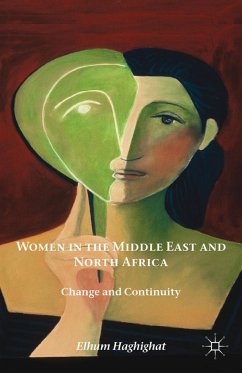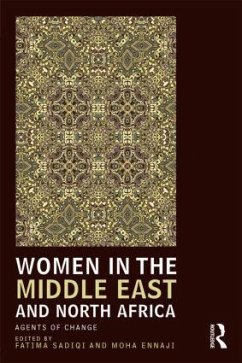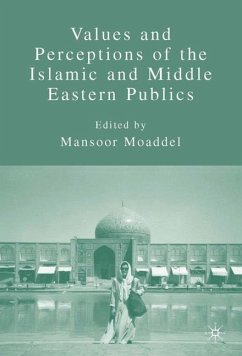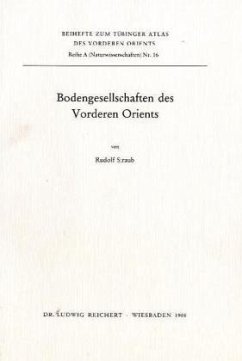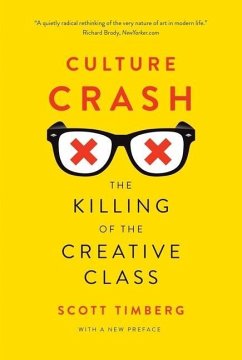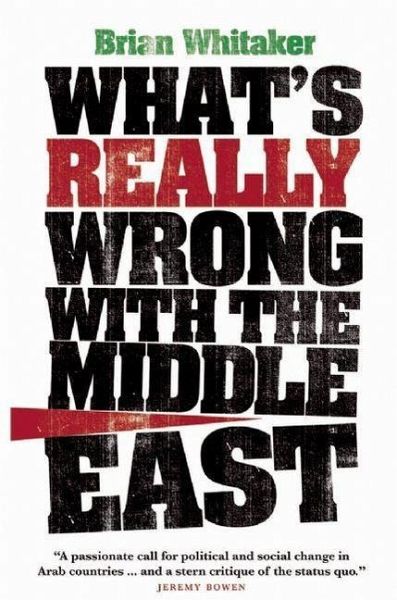
What's Really Wrong with the Middle East

PAYBACK Punkte
7 °P sammeln!
The problems in the Middle East are always someone else's fault.While the West blames dictators and extremists, Arabs often blame centuries of foreign interference. For many, both in the East and West, the root problem is a lack of freedom.Looking beyond the turmoil reported on our TV screens, Guardian journalist Brian Whitaker examines the "freedom deficit" that affects Arabs in their daily lives: their struggles against corruption, discrimination, and bureaucracy, and the stifling authoritarianism that pervades homes, schools, and mosques as well as presidential palaces.Drawing on a wealth o...
The problems in the Middle East are always someone else's fault.
While the West blames dictators and extremists, Arabs often blame centuries of foreign interference. For many, both in the East and West, the root problem is a lack of freedom.
Looking beyond the turmoil reported on our TV screens, Guardian journalist Brian Whitaker examines the "freedom deficit" that affects Arabs in their daily lives: their struggles against corruption, discrimination, and bureaucracy, and the stifling authoritarianism that pervades homes, schools, and mosques as well as presidential palaces.
Drawing on a wealth of new research and wide-ranging interviews, Whitaker analyzes the views of Arabs living in the region and argues that in order to achieve peace, prosperity, and full participation in today's global economy, Arabs should embrace political and far-reaching social and cultural change.
While the West blames dictators and extremists, Arabs often blame centuries of foreign interference. For many, both in the East and West, the root problem is a lack of freedom.
Looking beyond the turmoil reported on our TV screens, Guardian journalist Brian Whitaker examines the "freedom deficit" that affects Arabs in their daily lives: their struggles against corruption, discrimination, and bureaucracy, and the stifling authoritarianism that pervades homes, schools, and mosques as well as presidential palaces.
Drawing on a wealth of new research and wide-ranging interviews, Whitaker analyzes the views of Arabs living in the region and argues that in order to achieve peace, prosperity, and full participation in today's global economy, Arabs should embrace political and far-reaching social and cultural change.






